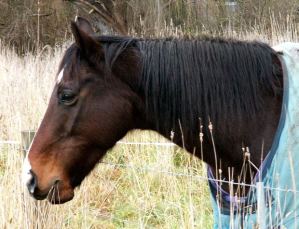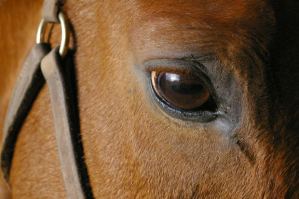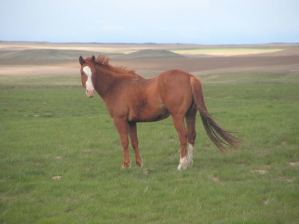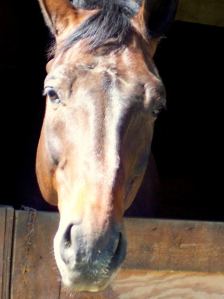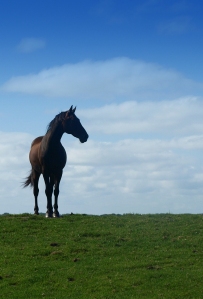To Senator Richard Alloway II and Senator John Eichelberger for working to improve animal welfare laws in the state of Pennsylvania.
In a recent news article, Senator Richard Alloway II proposed Senate Bill 373 and Senate Bill 78. S.B. 373, which would impose greater restrictions on animal tethering. The law would not allow owners to tether their dogs outside for more than 30 minutes when the temperature is below 32 degrees Fahrenheit. S.B. 78 would prevent immediate family members from applying for a kennel license if another family member has had one revoked. Senator John Eichelberger has proposed

If passed, Cordelia’s Law would include horses in the states animal cruelty statues, along with other companion animals.
Senate Bill 294, named Cordelia’s Law, after a horse who starved to death while being tied up in a junkyard. S.B. 294 would be the first bill in Pennsylvania to include horses in animal cruelty laws.
Take Action: Pennsylvania residents contact your legislators and petition that S.B. 373, S.B. 78, and S.B. 294 be passed into law. Non-residents, contact your state to see what types of animal welfare laws have been passed and express your support for laws that will grant animals more protection.




